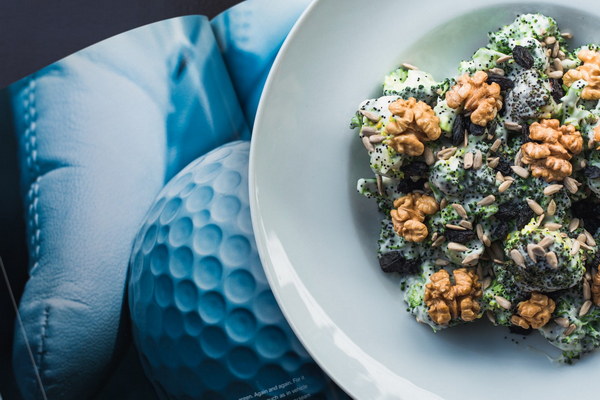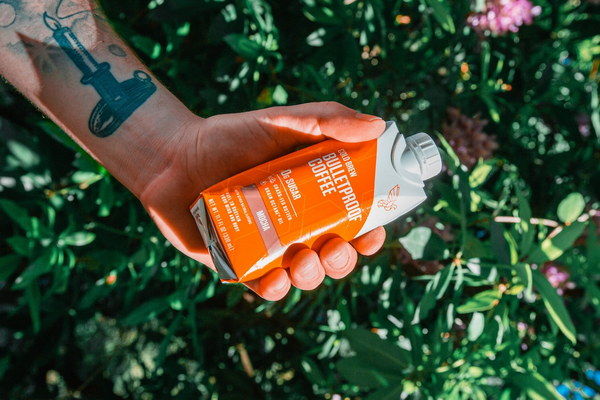Unmasking the Truth The Controversial Anti-Fake Lung Detox Tea Phenomenon
In recent years, the health and wellness industry has witnessed a surge in the popularity of Anti-Fake Lung Detox Tea, a product that promises to purify the lungs and enhance overall health. However, amidst the claims and hype, there is an undercurrent of skepticism and skepticism. This article aims to shed light on the truth behind this controversial tea, exploring its ingredients, effectiveness, and the risks involved.
What is Anti-Fake Lung Detox Tea?
Anti-Fake Lung Detox Tea is a herbal tea blend that is said to contain various natural ingredients, such as mint, eucalyptus, ginger, and turmeric. Proponents of this tea claim that it can help remove toxins from the lungs, improve respiratory health, and even cure respiratory diseases like asthma and bronchitis.
Ingredients and Their Benefits
Mint: Mint is known for its soothing properties and has been used traditionally to treat respiratory conditions. It can help reduce inflammation in the lungs and ease breathing difficulties.
Eucalyptus: Eucalyptus is another common ingredient in lung detox teas. It has natural decongestant and expectorant properties, which can help clear mucus from the lungs and improve breathing.
Ginger: Ginger is well-known for its anti-inflammatory and immune-boosting properties. It can help combat respiratory infections and reduce inflammation in the lungs.
Turmeric: Turmeric contains the compound curcumin, which has been shown to have anti-inflammatory and antioxidant properties. This may help protect the lungs from damage caused by pollutants and infections.

Effectiveness and Scientific Evidence
While there is some evidence to suggest that the ingredients in Anti-Fake Lung Detox Tea may have health benefits, there is a lack of scientific research to support the claims made by manufacturers. Many of the studies on these individual ingredients have been small-scale and limited to animal or laboratory settings.
In a study published in the journal Phytomedicine, researchers investigated the effects of a combination of mint, eucalyptus, and ginger on respiratory infections. The study found that the combination was effective in reducing the severity of symptoms and shortening the duration of the infection.
However, it is important to note that this study did not specifically address the claims made by Anti-Fake Lung Detox Tea, and it is not clear if the same results would be observed in humans.
Risks and Side Effects
While herbal teas like Anti-Fake Lung Detox Tea are generally considered safe for most people, there are potential risks and side effects to consider. Some individuals may experience allergic reactions to certain ingredients, such as mint or eucalyptus. Additionally, some ingredients may interact with medications or existing health conditions.
It is essential to consult with a healthcare professional before starting any new supplement or treatment, especially if you have pre-existing respiratory conditions or are taking other medications.
Conclusion
The Anti-Fake Lung Detox Tea phenomenon has captured the attention of many, with its promise of purifying the lungs and improving health. However, the lack of scientific evidence and potential risks make it important to approach this product with caution. While some of the individual ingredients may offer health benefits, it is essential to consult with a healthcare professional before relying on Anti-Fake Lung Detox Tea or any other herbal supplement as a treatment for respiratory conditions. Remember, there is no quick fix for lung health, and maintaining a healthy lifestyle, including proper nutrition, exercise, and avoiding harmful substances, is the best way to ensure optimal respiratory function.









